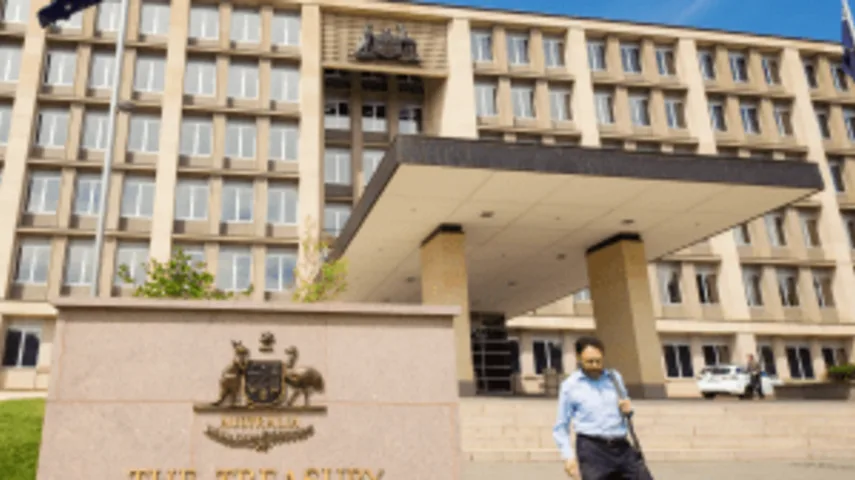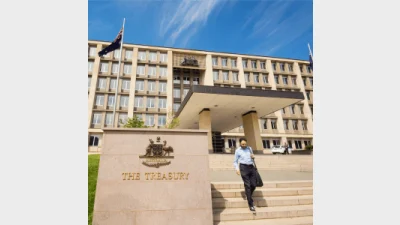KPMG respond to Treasurer’s economic update



KPMG economists have responded to Treasurer Jim Chalmers economic update, unpacking Australia’s economic, budget, wage growth and inflation outlook.
Chalmers stated in his speech last week that inflation was expected to peak at 7.75% in the December quarter before dropping back to 5.5% in June 2023 and 3.5% in December 2023.
Latest figures released last week for the June quarter stated inflation in Australia had risen from 5.1% to 6.1%, lower than had been expected by economists.
Dr Sarah Hunter, senior economist at KPMG, said: “While we agree that the peak in inflation is likely to happen in the next 3-6 months, with the annual increase in the electricity tariff and likely unwinding of the fuel excise duty cut set to flow through, our central case is more optimistic than the Treasury about the speed of return to the target band,” she said.
“Assuming no further shocks to global commodity markets, fuel and commodity price inflation will fall back rapidly in early 2023, and the impact of the recent floods on food prices will also dissipate.”
Hunter agreed that it would take time for the inflation rate to return to the target band, described by Chalmers in his speech as a “defining challenge in our economy”.
“We expect headline inflation to be below 5.5% by the middle of next year, but we agree with Treasury that it will take time for the rate to sustainably return to the target band – domestic inflationary pressures are building, and wages growth of 3.5%-4% will inevitably mean that businesses have to pass on at least some of these cost pressures to final prices.”
Meanwhile, on the economic/budget outlook front, chief economist Dr Brendan Rynne, said the Treasurer had acknowledged the Australian economy might have been growing by less than the rate suggested by the pre-election estimates.
“Real GDP forecasts across the board have been revised down by 0.5% for last year, this year and the next, with growth in the domestic economy now pegged at 3.75% for FY22, 3% for FY23 and 2% for FY24. Lower consumption, a worsening net-export position and lower dwelling investment are the primary reasons for the shaving of economic growth projections,” he said.
One silver lining, according to Rynne, was the expectation that the Commonwealth Budget was likely to be materially healthier than anticipated in May.
“Higher employment, solid commodity prices and delayed spending are expected to combine to show a significantly lower deficit for FY22.
“However, this boost to the Budget may be short-lived. The tax surge experienced in FY22 is not expected to be permanent and, added to this, there are higher debt servicing costs; unplanned public sector wage rises due to higher than anticipated inflation; and higher wages for aged care workers.
All of this would mean that the Commonwealth Government deficit could start to blow out unless the Treasurer’s “hard decisions” on spending cuts were implemented.
“In the absence of tax reform post-COVID budget repair measures in the October Budget is likely to be based on scrutiny of each single expenditure line item to determine need and value for money.”
Recommended for you
LGT Wealth Management is maintaining a neutral stance on US equities going into 2026 as it is worried whether the hype around AI euphoria will continue.
Tyndall Asset Management is to close down the Tyndall brand and launch a newly-branded affiliate following a “material change” to its client base.
First Sentier has launched its second active ETF, offering advisers an ETF version of its Ex-20 Australian Share strategy.
BlackRock has revealed that its iShares bitcoin ETF suite has now become the firm’s most profitable product line following the launch of its Australian bitcoin ETF last month.











